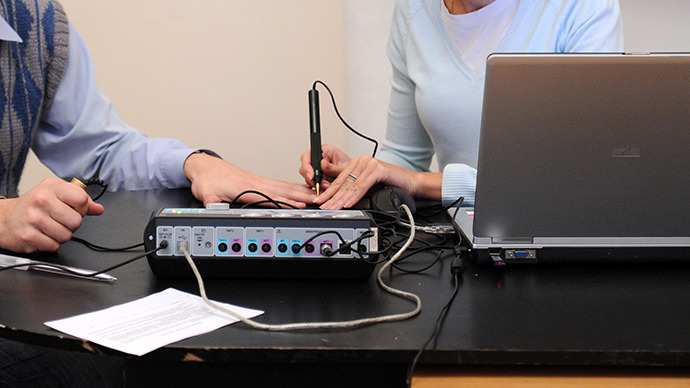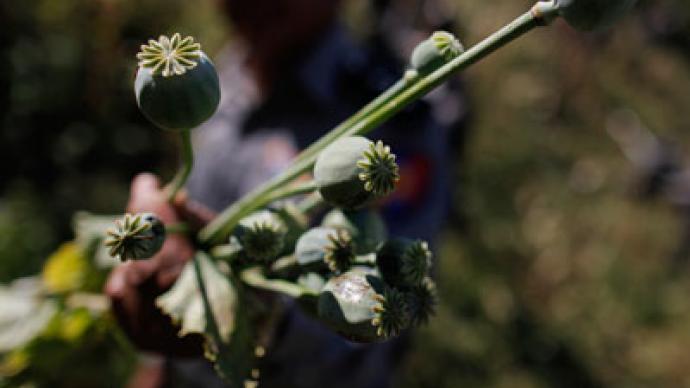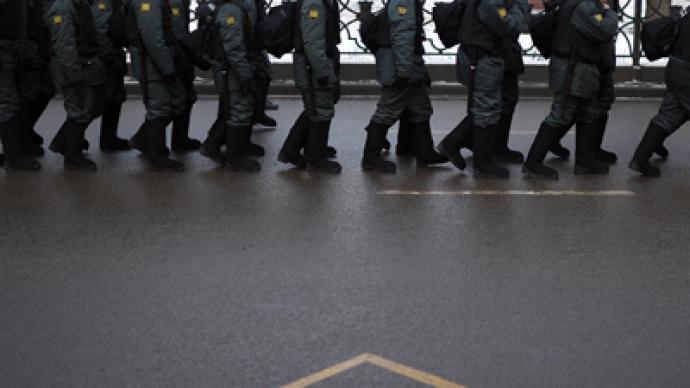President Vladimir Putin has signed into law a bill detailing the psychological and medical tests on young people suspected of drug abuse.
The tests would be voluntary and comprise two stages. The first is a written psychological test, followed by medical checks to find traces of illegal drugs in their bodies.
If experts find schoolchildren are using illegal drugs, they would be sent to a rehab centre.
Children younger than 15 will need the consent of their parents before the tests can be carried out.
Many Russian regions have already introduced tests at a local level. Everywhere the tests for illegal drugs are voluntary. The federal law was drafted in November last year and passed by parliament in late May this year.
The anti-drug program has already caused controversy – in some places parents were asked to sign their consent but were not told the details of the test. In others, critics pointed at the insufficient protection of the highly sensitive information and potential damage if the results of the tests (or even the names of those who refused to take them) become public.
Some also pointed at the apparently lax approach by the experts – one of the questions was reportedly a direct “have you ever inhaled gasoline or acetone for the sake of unusual experience’ – something that young children might see as an instruction, rather than a warning.
According to a recent poll among Russians aged 11 to 24, about a quarter had tried illegal drugs usually between the ages of 15 and 16.
The overall number of drug addicts is difficult to estimate – while the number of officially registered patients in rehabs and clinics is about 500,000, experts estimate that the real number of people who regularly use illegal drugs is between between two and two-and-a-half million.
Russia has a fairly strict drug policy and President Vladimir Putin again spoke against the so called “soft drugs” in a recent speech saying that their legalization in certain countries was “a dangerous path”.



